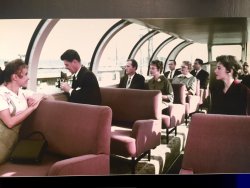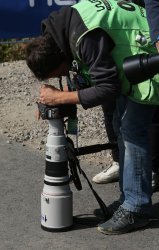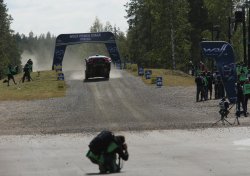I have progressed up the Canon food chain from 450D to 70D to now 7DII. I have 2 pro lenses - 24-105 F4 and 70-200 F2.8II. I also have a Sigma 150-600 contemporary lens.
The 70D and 7D take good shots but the lenses make the photo. Expect and do spend a lot of money on lenses as they make your pictures. My kit to replace today; Body $2,000 24-105 $1,600, 70-200 $3,000. Big dollars.
I am a enthusiastic amatuer and won't ever make use of all the features of the 7D so it may be over kill.
One thing to consider is the weight and size. When I went to Antartica this wasn't an issue as getting good shots was the aim.
Your pick list is not quite right. The 90D is an upgrade of the 80D. I haven't looked at what the difference is but the 70 to 80 upgrade gave very little benefit. The progression from the 2 digit is to single digit in Canon so your High level should be a 6D, 7D or go hard with a 5D.
We're about to go on a trip to US and Ireland and I am really considering taking all the gear. Packed it's about 8Kg (without the 600mm) so a considerable heft. So that may be a factor in your choice. I think the mirrorless versions are a bit lighter. My wife has a Sony HX90V and it's pretty good. Long focal length, good resolution and GPS alonh with wireless connectivty.
Reliability? I attend motor racing events and speaking to the guys there they have never had a warranty issues with their stuff (albeit bodies starting at $8,000). I'd imagine Nikon is similar.
Ease of use; you have to read the manual or at least take a course. Canon offer learning courses for little cost so worthwhile. There is a lot of funky stuff you can do with a high end DSLR.
Functionality; going to the single digit Canon brings you 2 card slots, typically SD and Compact Flash (CF). You can save .jpg on one and RAW on the other to save space. The 7D has built in GPS, which the 80/90D don't (I think). You have to buy a satellite dish that sits on the flash foot. However, GPS on the 7D can take a long time to lock on.
The 7D is a cropped sensor whilst the newer 6D is the entry level prosumer full frame. This is going to be a factor when you take shots - a cropped sensor makes the focal length longer so you may not be able to use the 70-200 close up. 6D may be an option for you.
ISO is important. Up to 64,000 makes for nice nighttime pics without flash (animal pics, performances, etc).
On the other hand, the latest smart phones take some very good photos.
Do your research, look up some camera forums. There's a South African guy on youtube that does a lot of camera reviews in a easy to understand way.
The picture attached is with the 7D & 24-105 at night off a ship to show you an example.


















